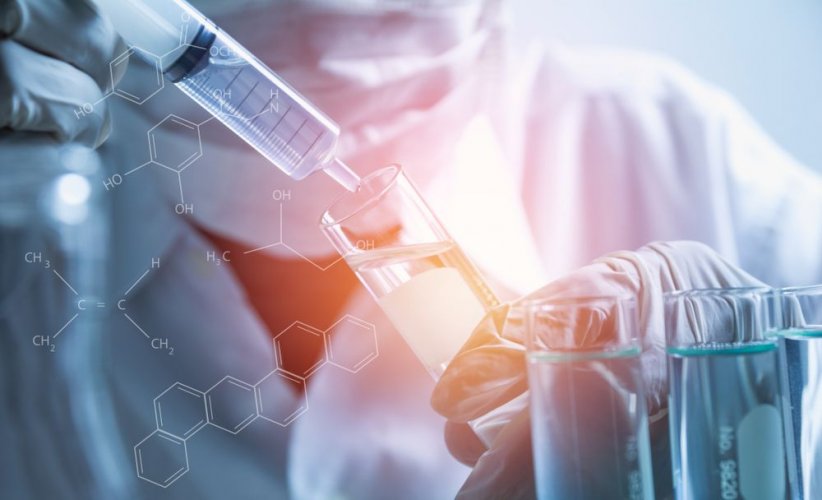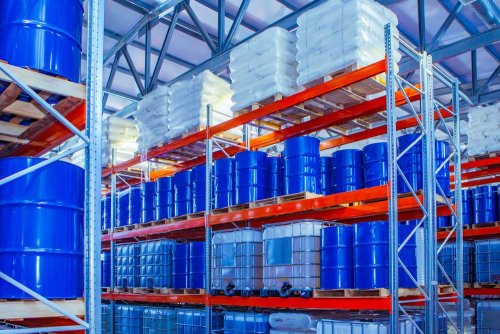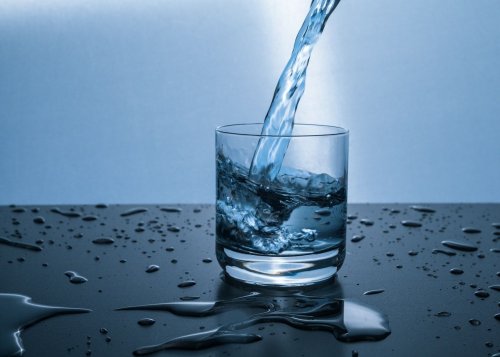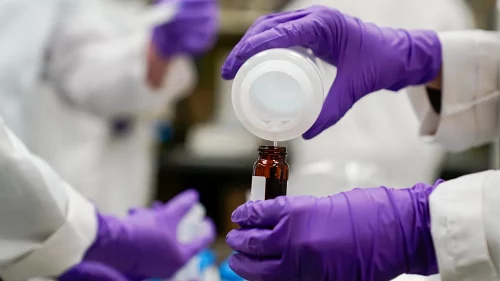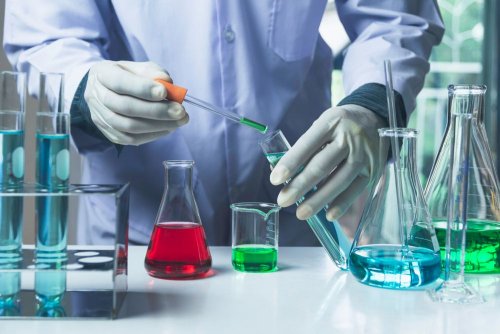Scientists from US Northwestern University claim to have developed a way to destroy PFAS, the so-called eternal chemicals, using low-temperature and cheap products, in particular sodium hydroxide.
They hope that with further research, PFAS can be filtered from drinking water and applied to this new method to destroy pollutants, reports BBC.
PFAS stands for poly- and perfluoroalkyl substances, of which there are about 4500.
This can help communities suffering from high levels of pollution.
The reason why PFAS have historically been so difficult to destroy is that they contain many carbon and fluorine bonds – the strongest in organic chemistry.
But it is these bonds that mean the substances can repel liquids known as omniphobic and make them very useful for the pharmaceutical and food industries.
The new method targets a group of weakly charged oxygen atoms located at the end of a long tail of carbon-fluorine bonds. The process effectively decapitates the main group from the tail and PFAS begins to disintegrate, leaving only harmless products.
Research team leader Brittany Trang said the results are exciting because of how simple the solution turned out to be.
However, PFAS can accumulate in fish and wildlife.
Eternal chemicals can cause serious health problems, in particular, cancer and birth defects. These highly stable substances are used in hundreds of everyday items such as food packaging, non-stick cookware, raincoats, glues, paper and paints.
The paper noted that existing methods for destroying PFAS, such as incineration, have not been very successful, requiring extremely high temperatures, which are costly.
Earlier, EcoPolitic wrote, that environmental activists urge Ukrainians to avoid goods, containing PFAS chemicals, including Teflon pans, disposable cups, waterproof mascara, etc.
As EcoPolitic reported earlier, a study by scientists from the Stockholm Center for Sustainable Development showed that the level of chemical pollution has crossed the planetary limit.

